Whether it’s walking barefoot on the grass, playing sports with the family or simply relaxing in the sunshine, your garden should be a stress-free, welcoming environment that is full of enjoyment – both for you and your neighbouring wildlife.
The benefits of green spaces
According to mental health charity Mind, spending time in nature is proven to boost our mood, increase our physical activity, reduce stress and aid relaxation.
As part of our commitment to offering better places to live, we provide green spaces within and close to the new communities we create to support the well-being of residents. Read on to discover the benefits of having nature on your doorstep - in your garden and beyond.
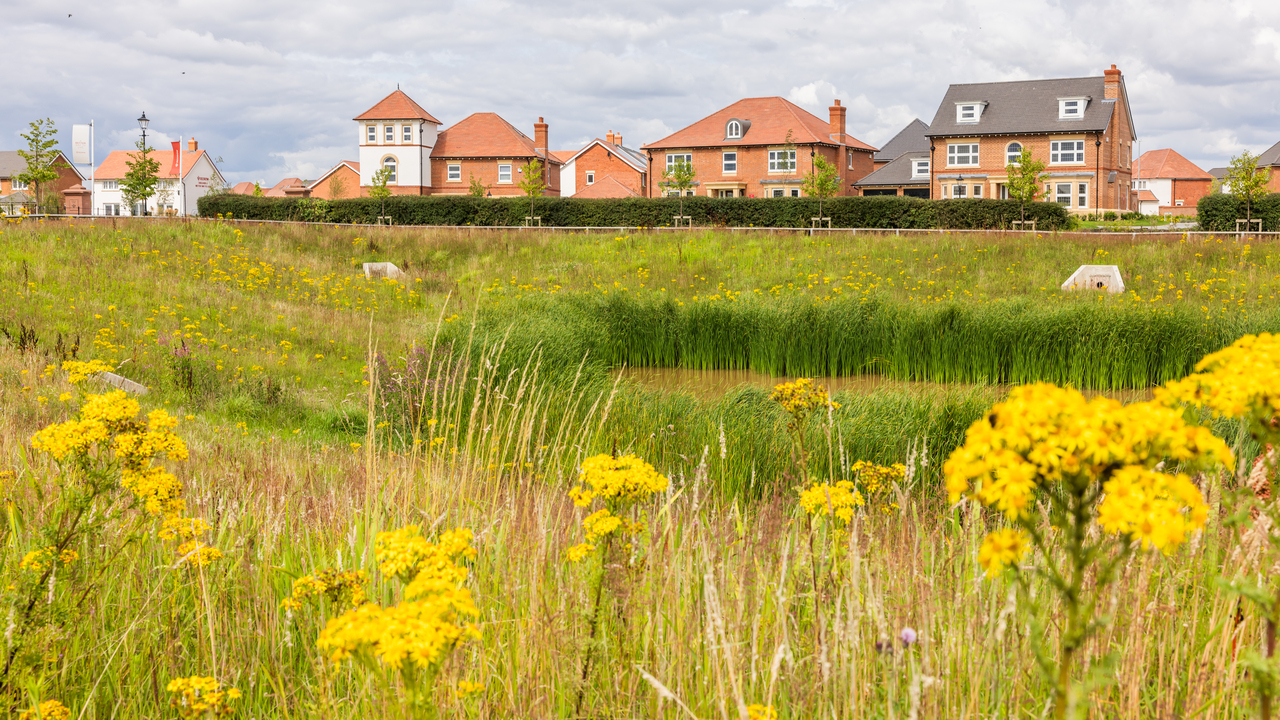
Olivia Ward, Sustainability Coordinator for Redrow, says: “Whether your garden is large or small, it is part of a wider, living landscape which links urban green spaces with nature reserves and the countryside. The way that gardens are created and maintained can influence the natural world and wildlife.” It’s thought that a lack of sunlight may affect our bodies’ ability to produce serotonin, a hormone that affects your mood, appetite and sleep. Spending time outdoors in the sunlight can make you feel better and help regulate sleep cycles.
When we talk about spending time in nature it doesn’t just mean woodland, hills and forests. Urban green and blue spaces are also important for getting some fresh air - parks, canals, ponds, tree-lined streets, private gardens, and even indoor plants or window boxes.
The Mental Health Foundation even describes the positive benefits for our mental health of watching nature documentaries on TV, meaning nature is available and accessible to everyone, no matter where you live.
Why is biodiversity important?
Biodiversity is the essence of our planet’s survival. Complex ecosystems support the survival of all wildlife on earth – and are essential to our own existence, providing us with everything we need to live including clean water, food sources, medicine and raw materials for shelter.
Not to mention, nature plays a huge part in our wellbeing and spending time in green environments has been proven to be beneficial for our physical and mental health.
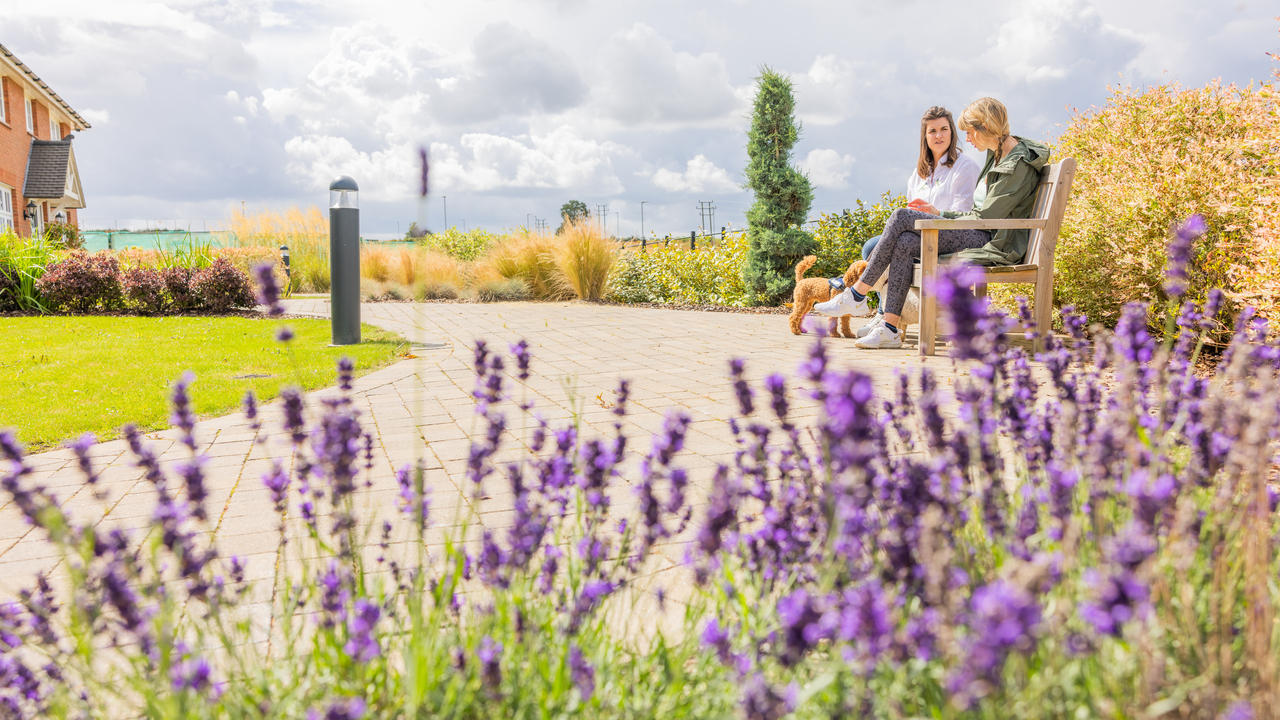
How Redrow is protecting biodiversity
Our biodiversity strategy, Nature for People, recognises the importance of creating, protecting and enhancing nature for people in and around the new homes we’re building.
Nicola Johansen, Group Sustainability Manager, at Redrow, said: “As a business we are designing our developments to have a measurable net gain for nature and with over 1,200 acres of land across our current developments dedicated as green space and landscaped communal areas, the wildlife this brings will soon venture into local gardens with the right planting and care."
The State of Nature report shows the UK to be one of the most nature-depleted countries in the world, with nearly 1 in 6 wild species at risk of being lost from Great Britain. At Redrow, we’re committed to ensuring every new development’s planning application demonstrates an increase in the site’s biodiversity, known as biodiversity net gain.
This will impact where we plan our developments. In designing our projects, we will take inspiration from the local landscape and create species rich habitats with native planting and pollinator friendly areas.
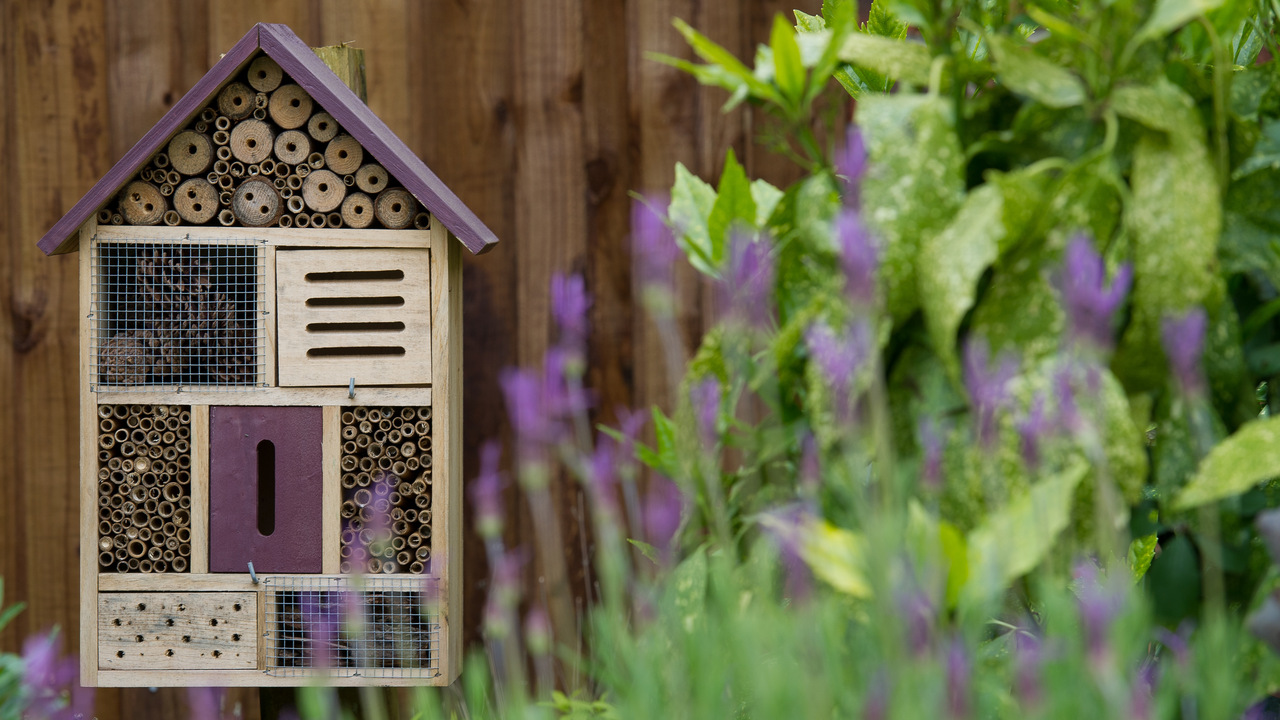
Eco-friendly developments
Across our developments, alongside homes for people, we create richly diverse habitats for wildlife.
At Mill Meadows in Sudbrook, South Wales, a bat house was installed to provide a place to roost for bats. A bat monitoring programme found that one of the UK’s rarer bat species, the Lesser Horseshoe bat, was breeding in the new bat house – a real boost for the population, which earned the development recognition in the Biodiversity Legacy category of the annual BIG Biodiversity Challenge.
Over at Saxon Brook, in Pinhoe, Devon, we’ve created the UK’s first ever pollinator-friendly housing development featuring wildflower planting and an educational bumblebee trail, providing a boost for the nation's declining bumblebee population. We’ve also planted an orchard of 70 fruit trees and created ponds, rain (wetland) gardens, woodland areas and allotments plus new bird and bat boxes, insect ‘hotels’ and barn owl box improvements.
In Buckley, North Wales, the newt population tripled in just one year in the new ponds we created at our Heathlands development, which alongside a nine-hectare residential development boasts around the same amount of public green space and nature reserve habitats.
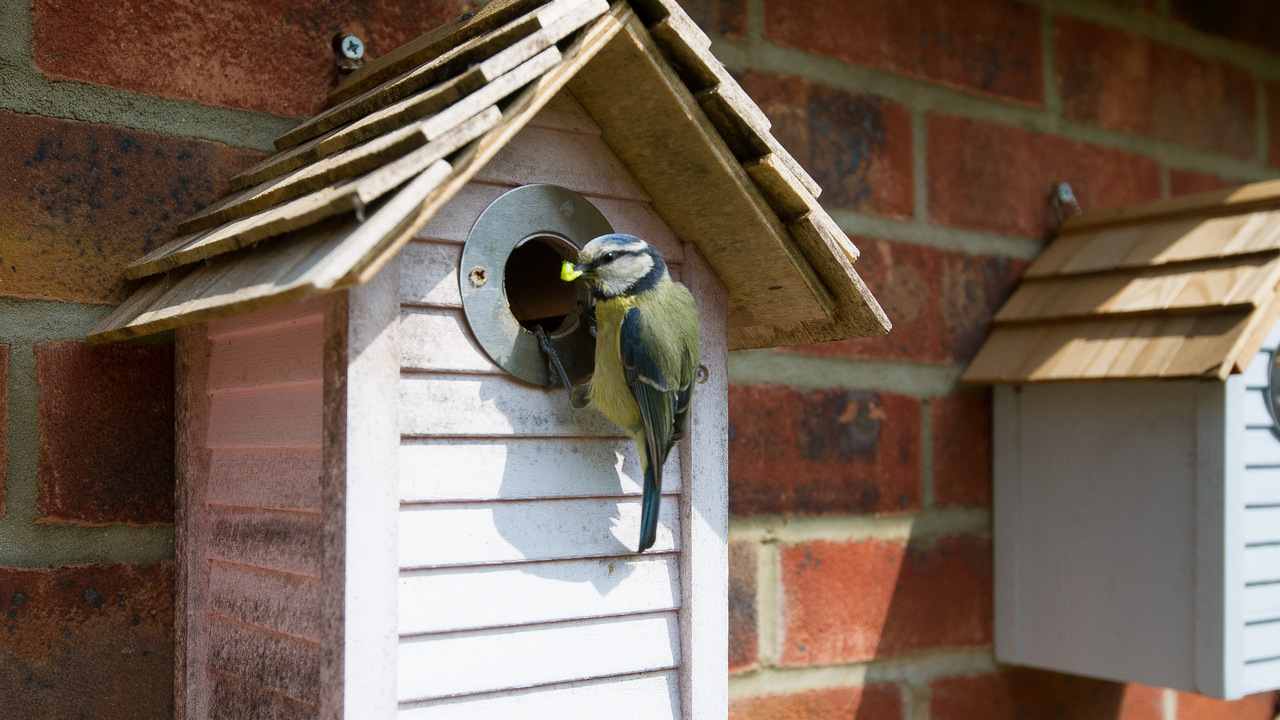
How to make the most of your local green space
Leading an active lifestyle can improve mental and physical health. Exercise can offer a short-term mood boost and help relieve stress. Some other ways to enjoy the great outdoors include:
- Grow your own fruit and vegetables, either in your garden or on an allotment (particularly during National Allotment Week!). Or, start a compost bin - transform kitchen and garden waste into a nutrient-rich organic matter that you can add to your garden.
- Take up wildlife or bird watching, either in a local park or from the comfort of your window. All you need is some binoculars. You could even take part in the RSPB’s Big Garden Birdwatch.
- Build a bug hotel! To attract smaller wildlife to your garden, make use of old unused materials to build a bug hotel. These small insects will have a big impact on your garden by helping to pollinate plants.
- Walk with a purpose and litter pick as you go, helping keep your neighbourhood clean and tidy. Many community councils can provide you with a litter grabber and bags or you can pick one up very affordably.
- Join a community gardening group and help the neighbourhood blossom. The Royal Horticultural Society website has thousands of groups listed on its website.
- At new-build developments where trees have not had time to fully grow yet, bird feeders provide a quick and easy way to welcome birds into your outdoor space.
- Join a sports club or get your friends together for a game of cricket or rounders.
- Go for a walk and create a nature bracelet. Children will love picking up fallen leaves and flowers and sticking them to masking tape (sticky side out!) around their wrist.
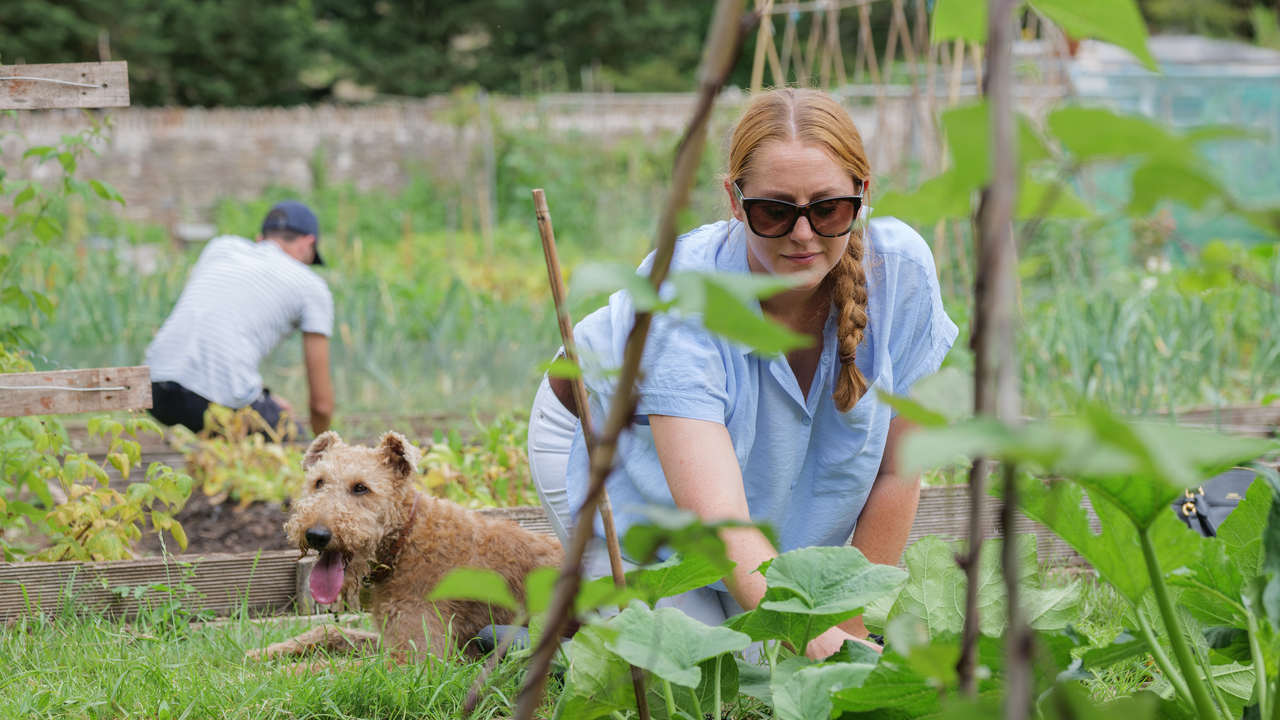
Discover more about how Redrow homes are Better by Design, and find your nearest development to see for yourself.



